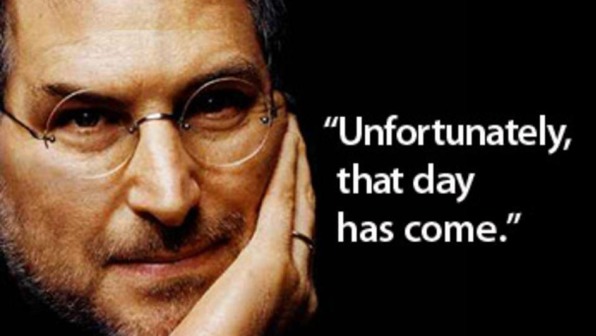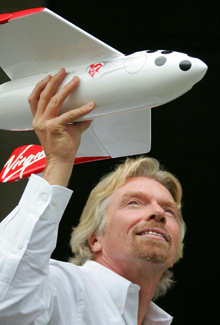As an entrepreneur, it can be extremely difficult to take time out and re-calibrate.
Everything you are is focused on bringing your vision come to life, and making all of the stress, personal sacrifice and fatigue worthwhile.
But does it actually increase your chance of success to take a time out? Step back and make sure you’re making the right choices, and there isn’t a great opportunity staring you in the face. It is very easy to miss the obvious when you are buried in growing a company.
You must be willing to go over and above and push yourself more than the average person. No question. But what is rarely talked about are the physical and mental downsides of not taking breaks from your obsession.
Mental Downside Of Being Hyper-Focused
There is a never ending litany of people saying that the only way to be successful is to be focused, give it your all and it will all be worth it. I completely agree with this (and have lived it) but personally feel this needs to be further defined.
Studies show that optimal mental efficiency happens on 7.06 hours of sleep. There is significant decline with less than 6.47 hours or more than 8.03. Since you are making important decisions as a business owner, it is vital you operate at your peak mental ability as much as humanly possible.
Will this be possible all the time? Of course not. Just make sure you keep this reality in the back of your head. The last thing you want to do is make a dumb decision on a lack of sleep!
Physical Downside Of Being Hyper-Focused
I really don’t need to even dive into this. We all know what happens when we work to much and exercise to little, but did you know that stress has a direct impact on your immune system and rate of metabolism?
The hormone cortisol is released as part of your “fight or flight” response to stress. While there are temporary benefits to this, in the long term there is a significant reduction in both your immune system and digestive track. This leads to greater risk of serious diseases in general, and the slow down of your metabilism has been linked to things like diabetes and intestinal blockage.
Another study shows that AGE DOESN’T MATTER in how the body reacts to stress!
Personal Downside Of Being Hyper-Focused
Beating back weight gain, overcoming illness and getting caught up on sleep can usually be accomplished when you’ve either failed miserably or reached the mountain top.
The bad decisions made in business and more importantly your personal life are not so easily vanquished.
Losing clients, friends, significant others, or relationships with your children have serious impact on your mental health. While you may be able to suppress these issues in the short term, they will catch up with you.
There was a study released last year showing that married business owners had a divorce rate of 82%. With a national average of just under 50%, this is to great a coincidence to ignore.
In short, you need to think long and hard about how much these relationships mean to you. Not only can they damage you emotionally in the long term, destruction of your personal life will make business success that much harder.
Taking Breaks Doesn’t Mean Losing Focus
Having experienced almost everything mentioned in this article personally, I want to say that this has not turned off my entrepreneurial fire in the slightest.
It has just made me take the occasional timeout, re-calibrate, make sure the decisions being make are good ones, spend time with my daughter, friends and build great relationships with clients.
If you do the same, it will make those late nights and short term sacrifices easier to deal with and make them more rewarding when you have people to share them with!





